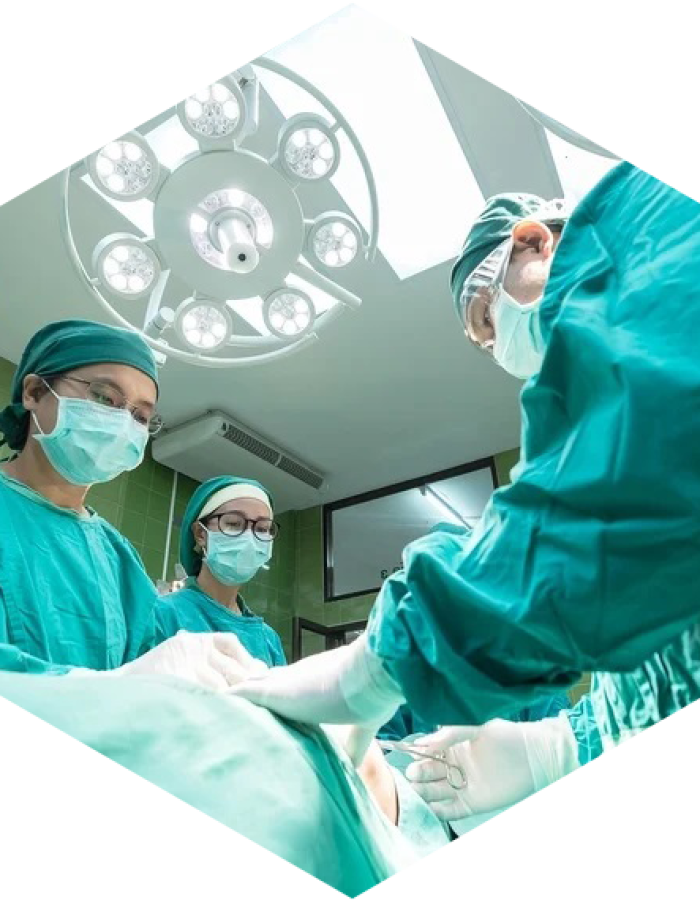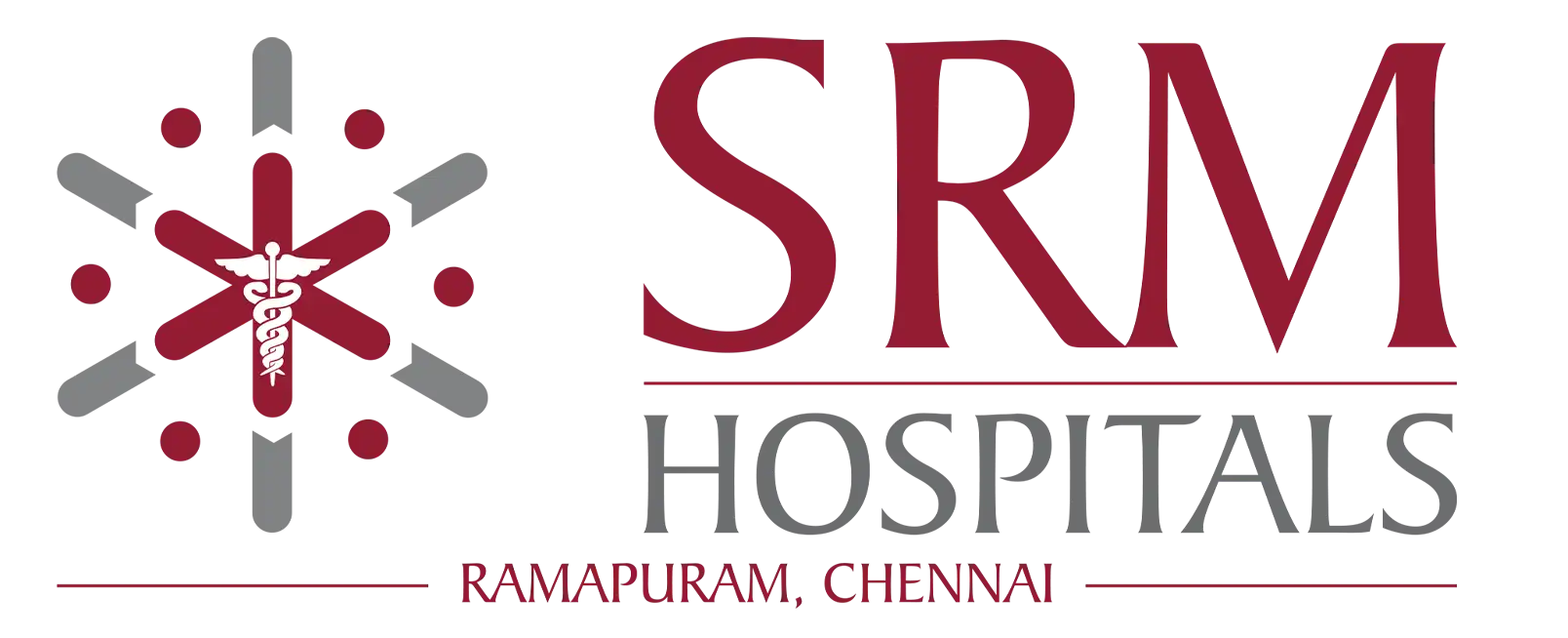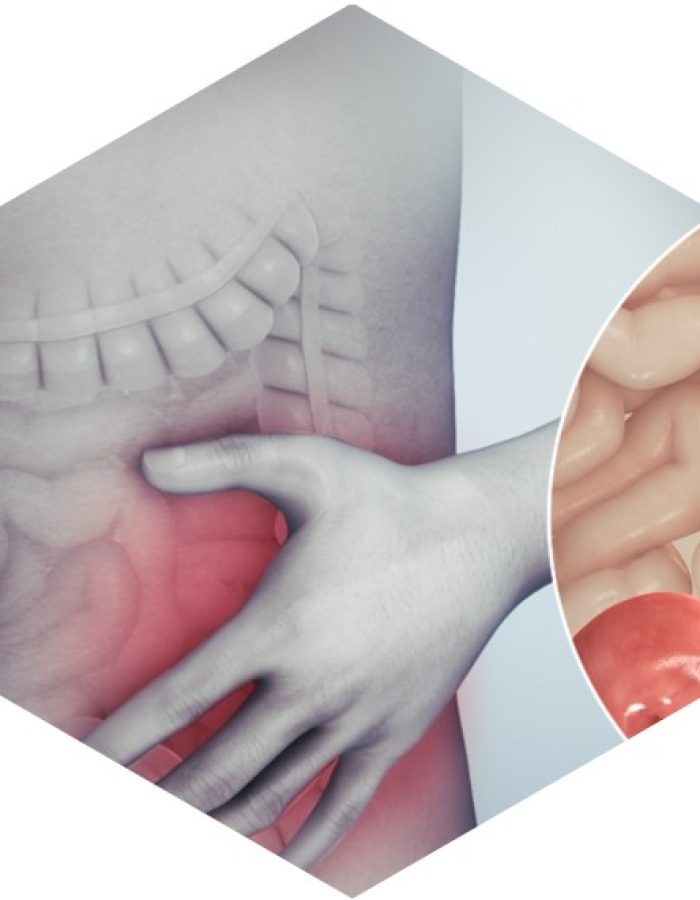What is Gastric Bypass Surgery?
Gastric bypass, is a type of weight-loss surgery that involves creating a small pouch from the stomach and connecting the newly created pouch directly to the small intestine. After gastric bypass, swallowed food will go into this small pouch of stomach and then directly into the small intestine, thereby bypassing most of your stomach and the first section of your small intestine. Gastric bypass is one of the most commonly performed types of bariatric surgery. Gastric bypass is done when diet and exercise haven’t worked or when you have serious health problems because of your weight.



